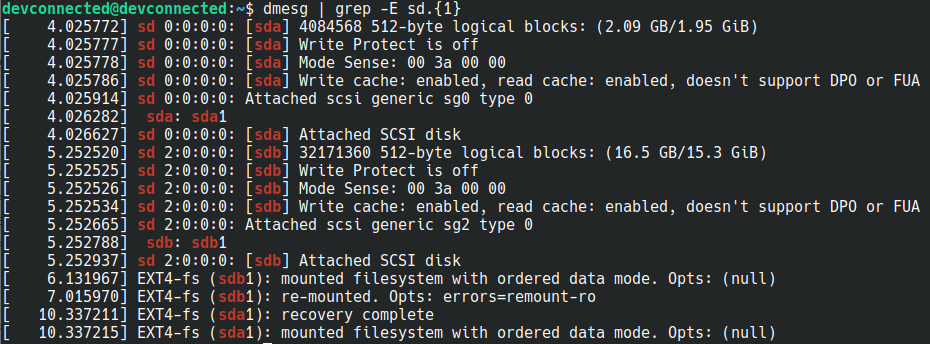

y is an obsolete synonym that is provided for compatibility.ĭo not ignore case distinctions in patterns and input data. SHARP S) even though lowercasing the latter yields the former.

Not match the uppercase letter “ẞ” (U+1E9E, LATIN CAPITAL LETTER Two-character string “SS” but it does not match “SS”, and it might (U+00DF, LATIN SMALL LETTER SHARP S) is normally capitalized as the Another example: the lowercase German letter “ß” This unusual character matches “S” or “s” even though uppercasing SMALL LETTER LONG S) in many locales, and it is unspecified whether Unusual lowercase counterpart “ſ” (Unicode character U+017F, LATIN Although this is straightforward when lettersĭiffer in case only via lowercase-uppercase pairs, the behavior is So that characters that differ only in case Ignore case distinctions in patterns and input data, The empty file contains zero patterns, and therefore matches nothing. e ( -regexp) option, search for all patterns given. Typically patterns should be quoted when grep is used f ( -file) option, search for all patterns given. If this option is used multiple times or is combined with the Patterns separate each pattern from the next. Use patterns as one or more patterns newlines within Next: General Output Control, Previous: Generic Program Information, Up: Command-line Options 2.1.2 Matching Control -e patterns ¶ -regexp= patterns


 0 kommentar(er)
0 kommentar(er)
